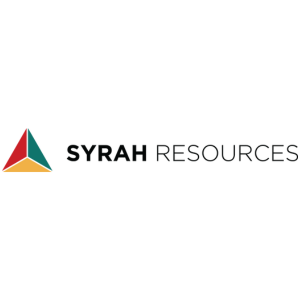The first new bet by the world's biggest miner in Africa in years.
On Monday, Kabanga nickel announced that BHP Group has invested $40 million in a Tanzania nickel project, the first new bet by the world's biggest miner in Africa in years.
BHP has not been active in Africa since it spun off South32 in 2015, but CEO Mike Henry recently signalled a new willingness to venture into "tougher jurisdictions".
Kabanga Nickel expects to start producing in 2025, aiming for a minimum annual output of 40,000 tonnes of nickel, 6,000 tonnes of copper, and 3,000 tonnes of cobalt. Demand for nickel, a key component in electric vehicle batteries is projected to rise.
"This investment secures access to a world-class nickel sulphide resource and is aligned with BHP's strategy to capture opportunities in future-facing commodities," a BHP spokesperson said.
BHP's investment will accelerate the mine's development, with a definitive feasibility study and construction plans for a refinery to be completed by the end of this year.
BHP also invested $10 million into hydrometallurgical technology firm Lifezone Limited. The hydromet technology, used within its refinery, is a greener way to produce metal than energy-intensive smelting, said Kabanga Nickel.
The plan to produce metal in-country dovetails with Tanzania's ambition to get more value out of its minerals. Mines minister Doto Biteko said Tanzania aims to become "an important hub for critical decarbonisation minerals".
Read the full article written by Reuters here.
BHP has not been active in Africa since it spun off South32 in 2015, but CEO Mike Henry recently signalled a new willingness to venture into "tougher jurisdictions".
Kabanga Nickel expects to start producing in 2025, aiming for a minimum annual output of 40,000 tonnes of nickel, 6,000 tonnes of copper, and 3,000 tonnes of cobalt. Demand for nickel, a key component in electric vehicle batteries is projected to rise.
"This investment secures access to a world-class nickel sulphide resource and is aligned with BHP's strategy to capture opportunities in future-facing commodities," a BHP spokesperson said.
BHP's investment will accelerate the mine's development, with a definitive feasibility study and construction plans for a refinery to be completed by the end of this year.
BHP also invested $10 million into hydrometallurgical technology firm Lifezone Limited. The hydromet technology, used within its refinery, is a greener way to produce metal than energy-intensive smelting, said Kabanga Nickel.
The plan to produce metal in-country dovetails with Tanzania's ambition to get more value out of its minerals. Mines minister Doto Biteko said Tanzania aims to become "an important hub for critical decarbonisation minerals".
Read the full article written by Reuters here.
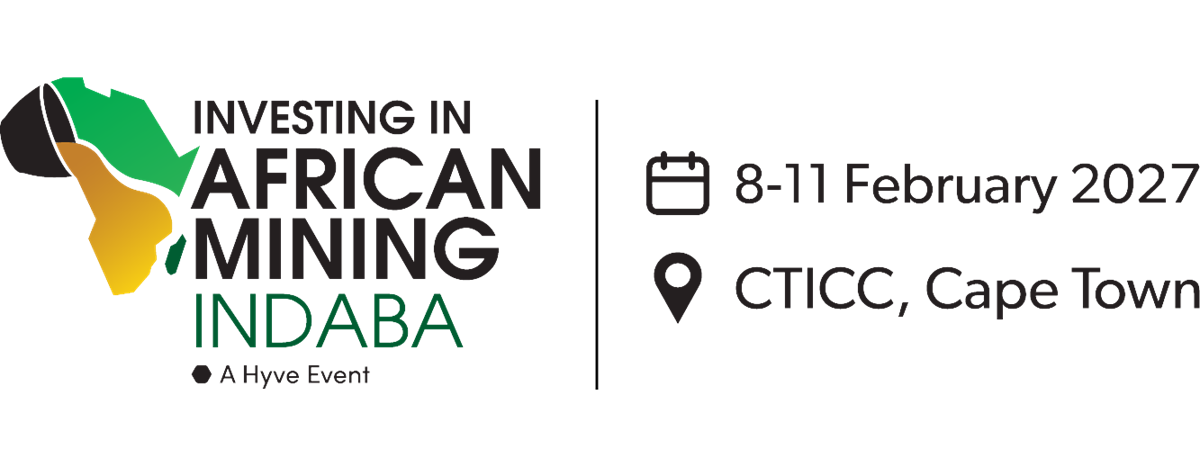



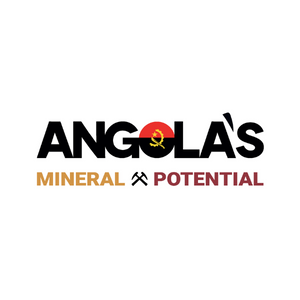
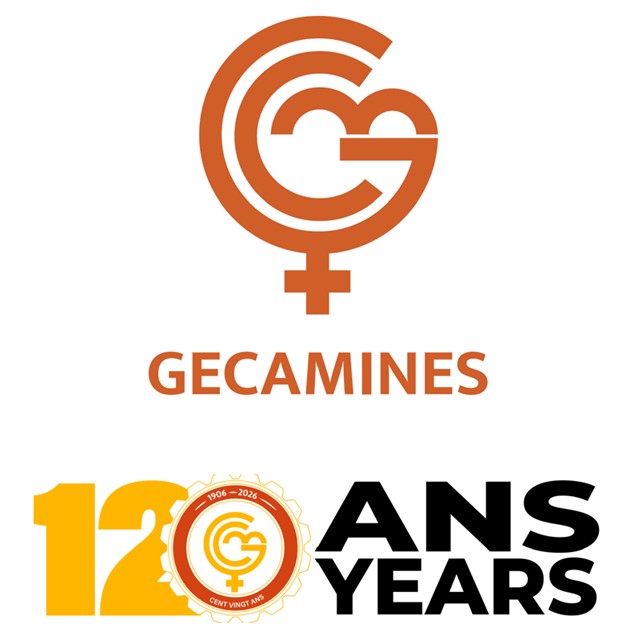
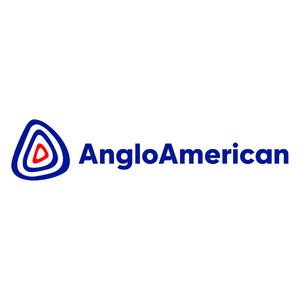

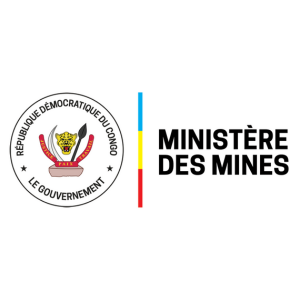



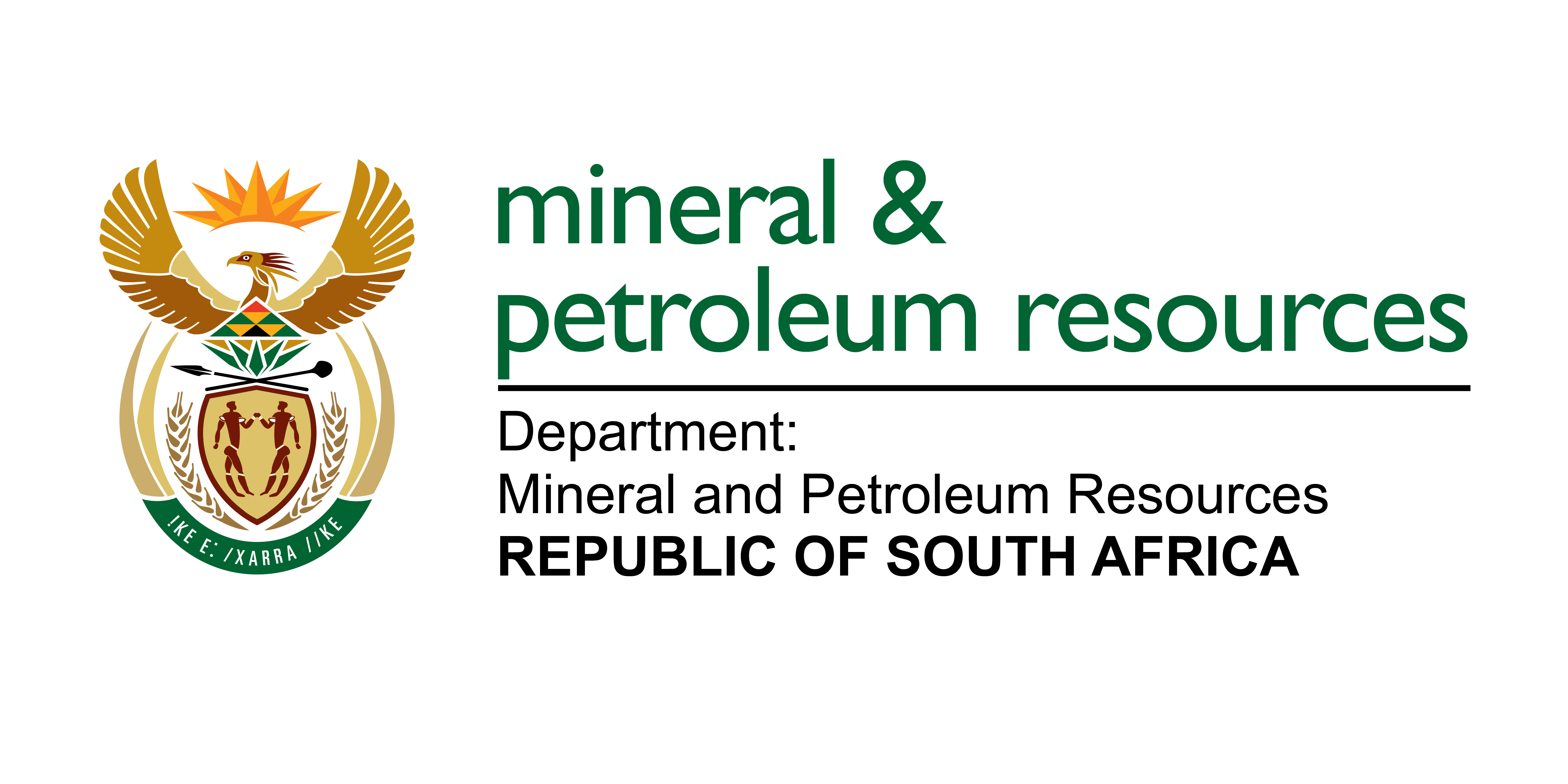-Logo_CMYK_1.jpg?width=1000&height=500&ext=.jpg)
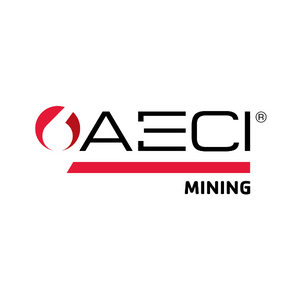



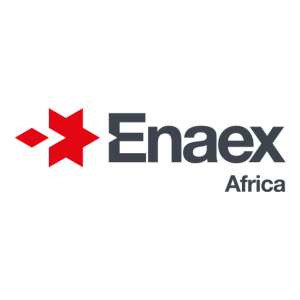


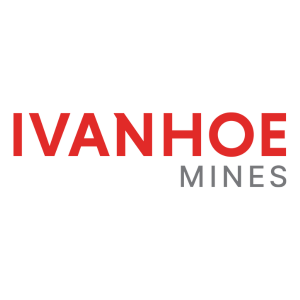
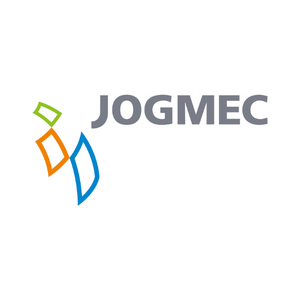


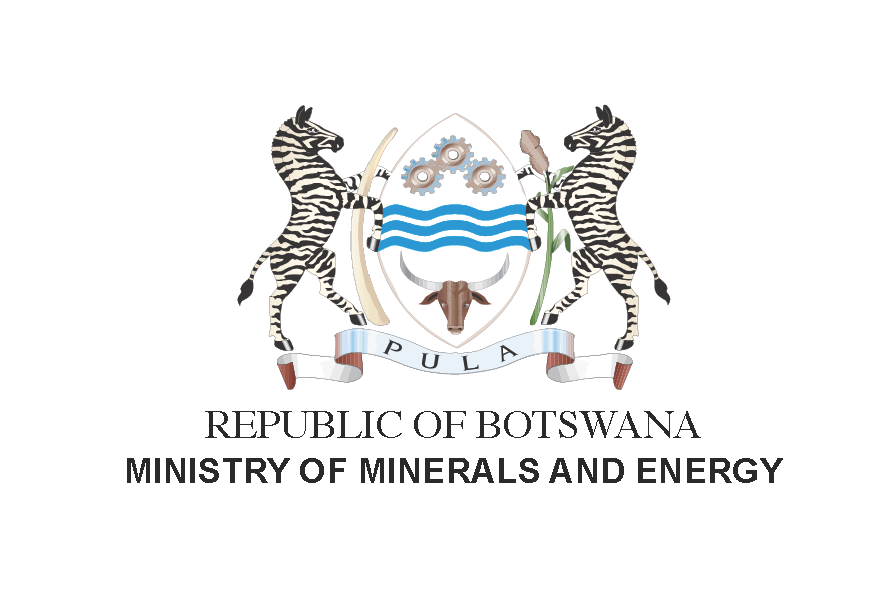.png?width=300&height=208&ext=.png)
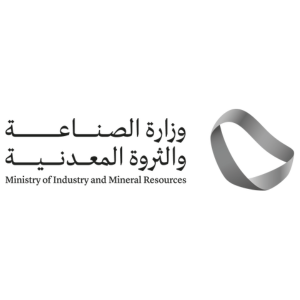
_mi25-weblogo.png?ext=.png)
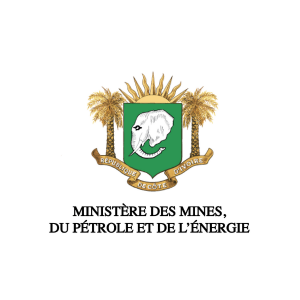
_1.png?ext=.png)





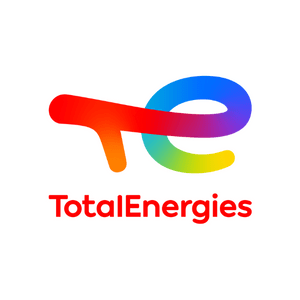
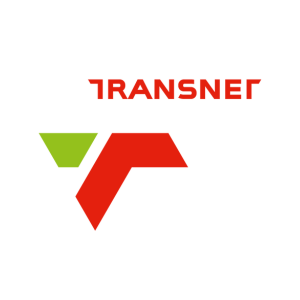





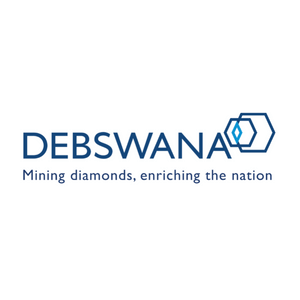






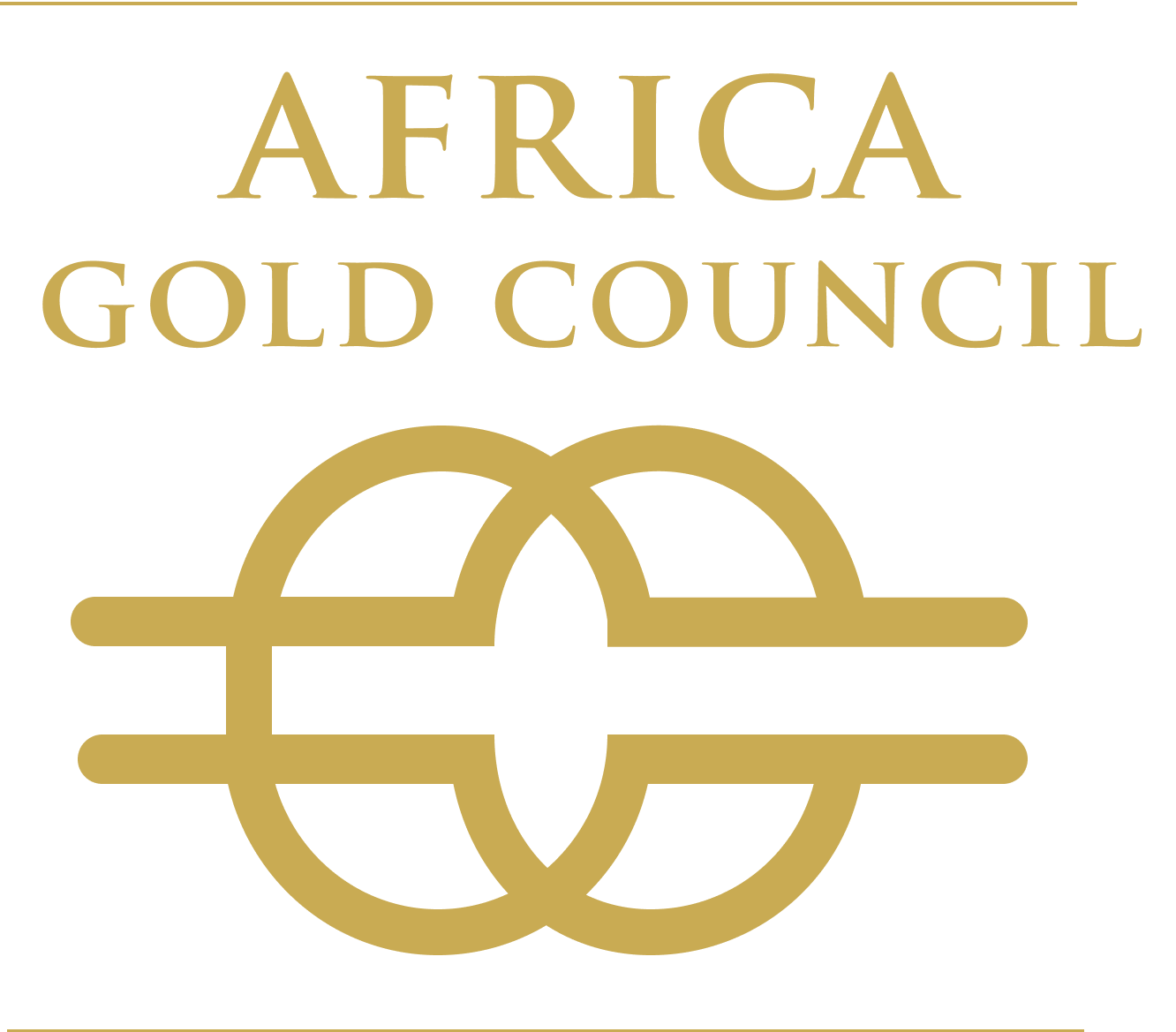
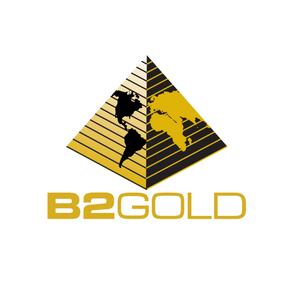
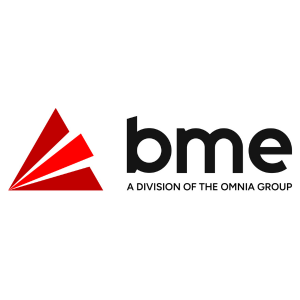


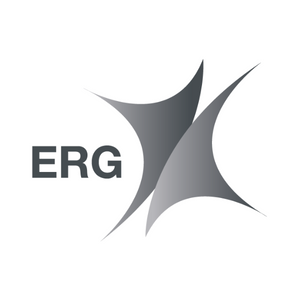










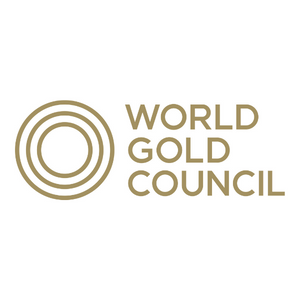
_logo.png?ext=.png)

_mi25-weblogo.png?ext=.png)


